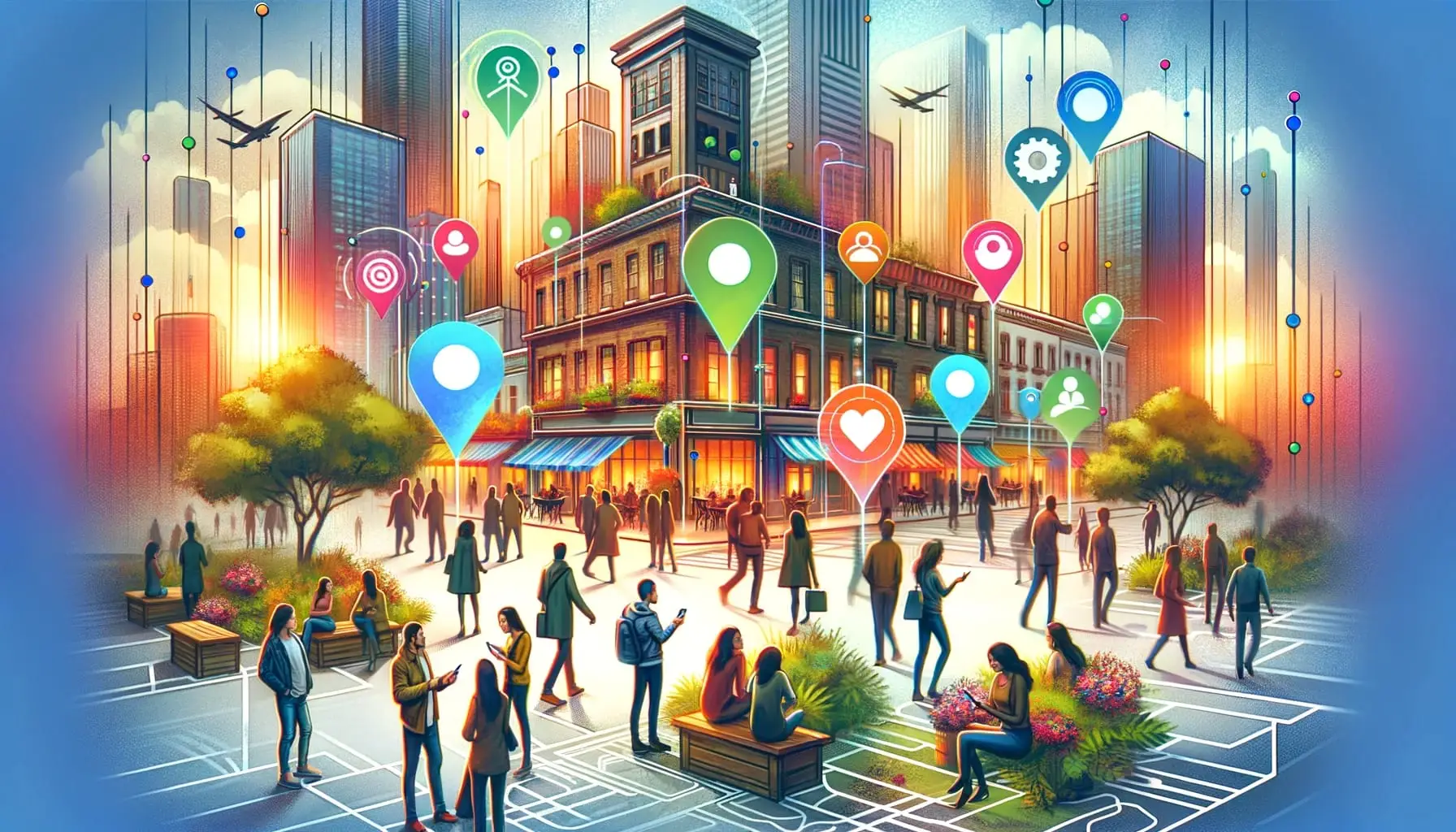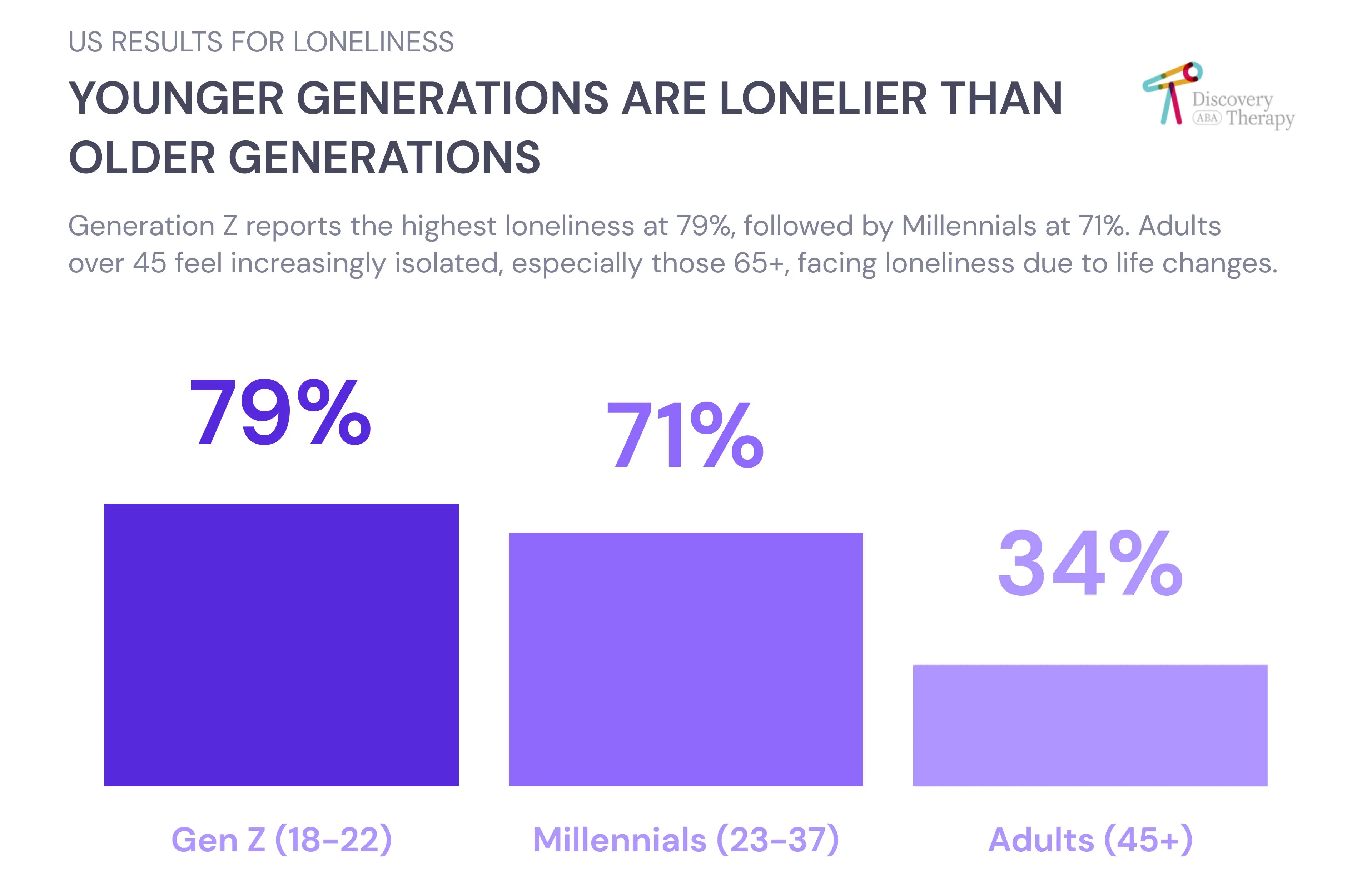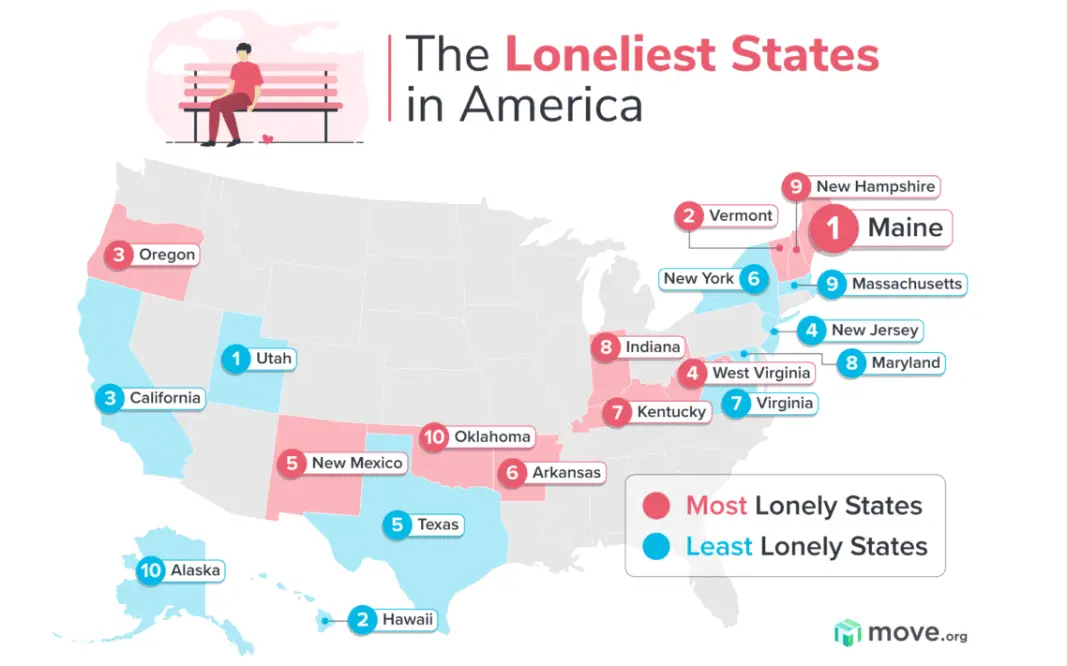Navigating the Loneliness Epidemic: Reconnecting Our World with AI Agents

Navigating the Loneliness Epidemic
In an era marked by unprecedented digital connectivity, a contradictory and growing epidemic of social isolation casts a long shadow. This paradox, where people are more connected yet increasingly lonely, signals an urgent need for solutions that foster real-world connections. The quest for such a solution leads us to a unique intersection of technology and human interaction.
Connecting in a Digital World
The digital age, while offering numerous platforms for virtual interaction, seems to fall short in nurturing deep, meaningful relationships. The result is a modern landscape where traditional community structures are eroding, leaving individuals craving more substantial, organic, in-person connections. How then do we blend digital ease with the richness of real-world interaction and help each other find the places that are full of those we want to surround ourselves with.
The global loneliness crisis, the diminishing role of third places, and the potential of technology to reverse these trends are central to our work at Flockx. There's a growing movement to use technology not as an end in itself, but as a means to reconnect people in the physical world. The solution, lies in an application that promises to redefine our social landscape.
The Global Loneliness Crisis
A concerning trend of increasing social isolation is sweeping across the globe, affecting individuals in both bustling cities and quieter rural areas. Research indicates that the implications of prolonged isolation are profound, affecting mental and physical health at levels comparable to high-risk factors like smoking and obesity. The loneliness epidemic represents a significant public health issue that calls for innovative and effective interventions.

Urbanization and the decline of traditional community spaces have exacerbated this crisis. The shift toward a more individualistic lifestyle has weakened the bonds that once tied communities together. In modern cities, despite high population densities, the feeling of disconnection and isolation is prevalent. The need for solutions that can reintroduce and strengthen social bonds is more critical than ever.
Digital platforms, while keeping us connected over long distances, have paradoxically contributed to a sense of detachment from our immediate surroundings. Social media and instant messaging, though useful, often replace the depth and richness of face-to-face interactions. This paradoxical effect of modern connectivity underscores the need for solutions that not only connect us digitally but also encourage physical social interactions.

The Importance of Third Places
The concept of third places, as articulated by sociologist Ray Oldenburg, underscores the importance of informal public spaces in community building. These neutral grounds, such as cafes and parks, serve as vital venues for spontaneous, playful, and creative interactions. They are essential for the social and emotional well-being of individuals and the health of the wider community.
Oldenburg's insights into the role of third places in fostering social equity and democracy highlight their significance in promoting a sense of belonging and community spirit. However, the decline in these communal spaces due to urban development policies, the rise of private spaces, and the dominance of digital communication poses a significant challenge to social cohesion and individual health.
The decrease in third places has tangible impacts on community cohesion and individual social health. As we grapple with the consequences of this decline, the need to revive these communal spaces becomes increasingly apparent. The solution lies in finding innovative ways to encourage people to rediscover and engage in these vital social hubs.

A New Dawn in Social Connectivity
As we navigate this complex landscape of social isolation and the decline of communal spaces, Flockx is pioneering a Social GPS to bridge digital and physical realms, fostering real-world connections. This innovative tool targets the loneliness epidemic by guiding users to community events and gatherings aligned with their interests, enhancing social interaction and finding where you flock (community) is hanging out.
We've demonstrated versatility across various communities, from art lovers to sports enthusiasts, the platform utilizes real-time and location-based data to simplify engagement, proving effective in cities like Grand Rapids and Austin. It's reshaping how we connect, making AI Agent building more accessible and meaningful for all.
Final Thoughts
In a world grappling with the challenges of social isolation and the decline of communal spaces, our aim is disrupt this trend and work with communities to deliver a social GPS. By facilitating easier access to community and shared experiences, our system combats the loneliness epidemic and revives the essence of communal living.
References:
- "Loneliness in America" The Cigna Group. 2021
- Cornwell EY, Waite LJ. "Social disconnectedness, perceived isolation, and health among older adults." J Health Soc Behav. 2009
- Cohen, Burrowes, Gwam. "The Health Benefits of Parks and their Economic Impacts" Urban Institute. 2022
- 49 Loneliness Statistics: How Many People Are Lonely?
- Lonely America: Loneliest states in America